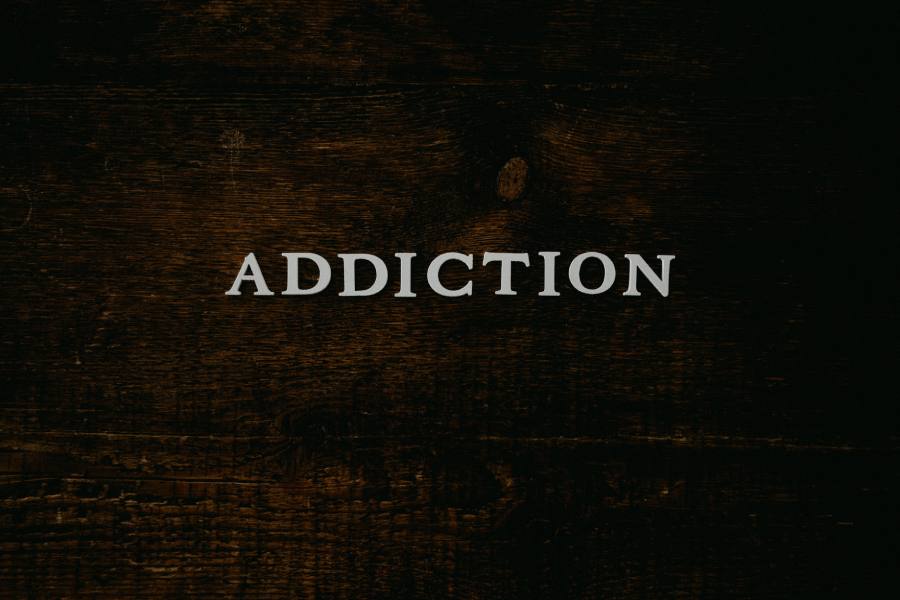By Personal Growth Counseling| August 30th, 2015
It is about disrupting the process of pleasure
Addiction is such a harmful behavior that it should have been eliminated a long time ago. However, humans seem to be determined to experiment with things that make them feel good, if only for a short duration of time with potential for devastating and forever consequences.
Actually, the use of drugs interferes and interrupts the very brain functions that allowed our ancestors to survive in a hostile world. Our minds are programmed to pay extra attention to what neurologists call salience-special relevance. Threats are highly salient, and that is why we instinctively try to get away from them. Food and sex also help the individual and the species survive.
When exposed to drugs of abuse, our memory systems, reward circuits and decision-making skills kick salience into overdrive. This creates an all-consuming pattern of uncontrollable craving. Some people have a genetic predisposition to addiction, which makes this even more dangerous. However, addiction is a basic brain function, and anyone can and will become an addict if sufficiently exposed to dangerous drugs and/or alcohol.
This is also true for non-chemical addictions such as gambling, shopping, sex or restricted or excessive food binges. Research shows that pathologically obese people who are compulsive eaters show that hyperactivity in the areas of the brain that process food stimuli such as the mouth, lips, and tongue. Activating these regions is like activating the floodgates to the pleasure center. Almost anything that is deeply enjoyable can turn into an addiction.
- Alcohol-about 18.7 million people or %7.7 of the American population are dependent on or abuse alcohol. 12,000 people try it for the first time every day. Alcoholics Anonymous has more than 2 million members. All of these figures have to be low because they are known to be underreported.
- Drugs-An estimated 3.6 million people are dependent on drugs. On average, 8,000 people try it for the first time every day. More than half of the first time users are female and under 18 years old. Marijuana, cocaine, and pain relievers are the leading drugs of abuse.
- Tobacco-There are about 71.5 million users of tobacco products in the U.S. About 23.4% of men and 18.5% of women are cigarette smokers, with cigarette smoking lowest in the western states and highest in the Midwest. 44.3% of young adults age 18 -25 use tobacco and comprise the highest usage of any age group.
- Caffeine-is the most widely used mood altering drug in the world and is routinely ingested by between 80 and 90% of Americans through soda and coffee. A daily cup of coffee with 100 mg of caffeine can lead to physical dependence. Withdrawal symptoms are experienced by 40-70% of those trying to stop the injection of caffeine.
- Food- An addiction to food affects as many as 4 million U. S. adults and is strongly linked to depression. About 15% of mildly obese people are compulsive eaters. Binge-eating is the most common eating disorder in America. It meets the criteria for Bulimia when the person also purges.
- Gambling – Two million American adults or .67% of the population are thought to be pathological gamblers. Their moods usually follow the course of their winnings. An additional 4-8million are considered problem gamblers.
- Shopping-1 in 20 Americans is a compulsive shopper, according to a Stanford University Study. The addiction affects men and women equally. Advertising that implies that happiness can be purchased with “stuff” is thought to be the largest reason for this addiction.
- Sex – about 1.6 million Americans suffer from compulsive sexual behavior. About 60% are thought to be men and about a third of them are women. More than 60% of sex addicts are identified as having been sexually abused as children or adolescents. An addict is dependent on the neurochemical changes that take place during sex, and they are consumed by sexual thoughts. This seems to be the least understood of all addictive behaviors.
- Internet-like compulsive gambling, internet addiction is an Impulse Control Disorder and interrupts social behaviors. They seek to attain moderation rather than abstinence.

